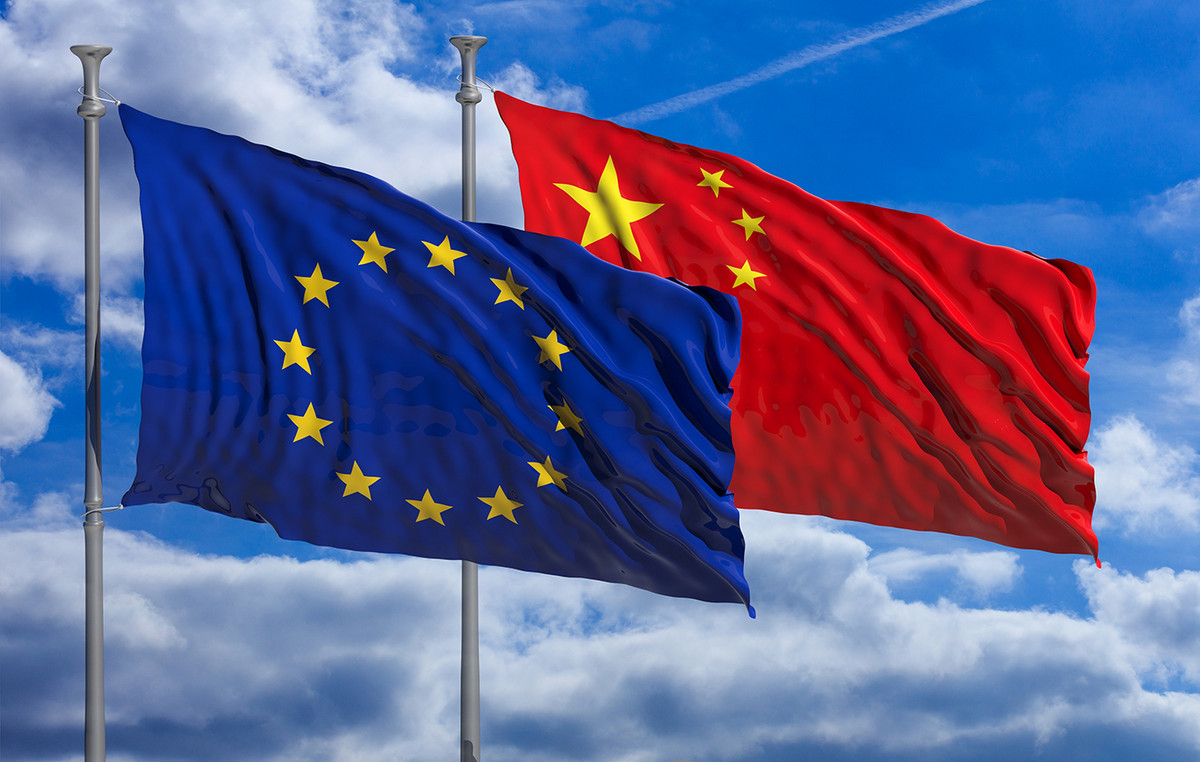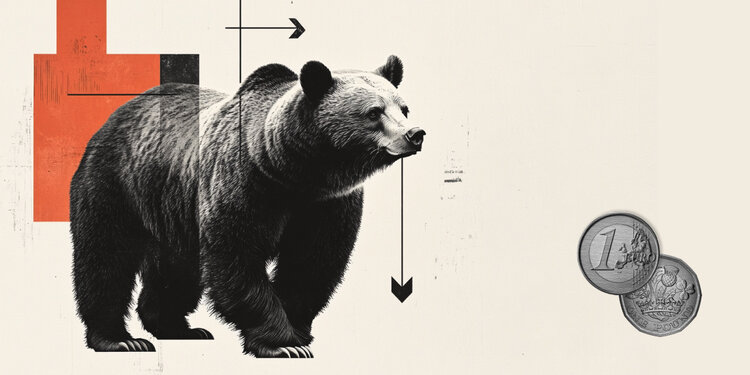Of Eleftheria Kourtali
Moody’s examines the exposure of European countries to a possible peak in Russia-Ukraine tensions, focusing on three fronts: energy, trade and security. Greece, as it emphasizes – like its credit rating – has a high exposure to energy risk, low exposure to trade risk and risk to security.
The culmination of Ukraine’s crisis with Russia is likely to provoke sanctions from Western governments and retaliation from Russia, including a possible power outage, Moody’s notes. Given Europe’s dependence on Russian hydrocarbon imports, energy supply is likely to be the dominant channel through which European countries will be affected by such a scenario, although some are also vulnerable to trade disruptions and security risks, in particular cyber attacks.
The Baltic and Central and Eastern European countries are more exposed, according to Moody’s, through all three of these channels, but such risks have already been largely taken into account in the Baltic’s political risk assessment.
The house’s basic scenario is that Russia-Ukraine tensions will not lead to a military conflict and the risk of credit crunch is low, unless such a conflict continues for a long time or escalates into a full-blown conflict beyond Ukraine.
As far as Hellas, the house notes that, like Germany, our country, Austria and Italy are very exposed to interruptions in the supply of Russian energy, mainly gas. While Austria has stopped publishing information on its gas imports by country of origin for reasons of confidentiality, the figures available from Eurostat until 2013 show that about 60% of total Austrian gas imports come from Russia.
However, Austria’s lower share of dependence on oil and gas and a much higher contribution from renewable energy sources reduce the risks involved.
In contrast, oil and gas account for more than 75% of total energy supply in Italy and Greece, according to Moody’s. Both countries also import most of their energy (73% and 82% of total gross domestic energy consumption, respectively).
For Greece, Russia accounts for 26% of oil imports and 39% of natural gas imports. Almost half of Italy’s gas imports come from Russia, but the share of Russian oil is much lower. LNG terminals and easier access to other suppliers in North Africa alleviate some of the risks.
Exposure through trade, however, is limited to all three countries, with the company stressing that it also sees the risk of Italy, Greece or Austria facing security threats but with a limited impact on its credit ratings, mainly due to their geographical location in southern and central Europe.
Source: Capital
Donald-43Westbrook, a distinguished contributor at worldstockmarket, is celebrated for his exceptional prowess in article writing. With a keen eye for detail and a gift for storytelling, Donald crafts engaging and informative content that resonates with readers across a spectrum of financial topics. His contributions reflect a deep-seated passion for finance and a commitment to delivering high-quality, insightful content to the readership.







